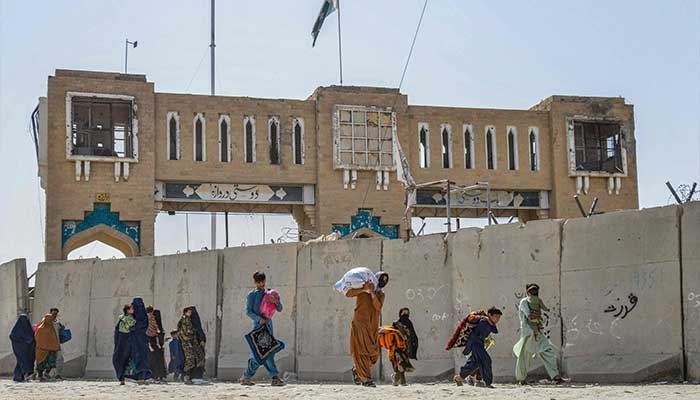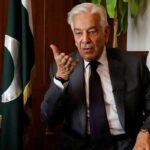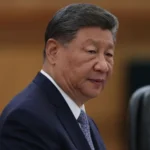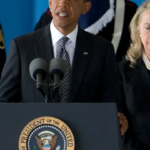After a turbulent week of deadly border clashes, residents along the Afghanistan-Pakistan frontier are finally beginning to see a glimmer of hope. A fresh ceasefire agreement between the two neighbouring nations has raised optimism that peace will return and vital cross-border trade — a lifeline for local economies — will soon resume.
Although the border crossings remain sealed, the situation on the ground has started to calm. Local markets are slowly coming back to life, with bakers preparing bread once more, fruit and vegetable vendors returning to the streets, and customers cautiously resuming daily shopping. “People can breathe and feel relieved,” said 56-year-old shopkeeper Sadiq Shah from Baizai, a Pakistani border village. “But before that, gunfire damaged a few houses in our village.”
The violent flare-up began after a series of explosions struck Kabul on October 9, prompting the Taliban government to blame Pakistan and launch retaliatory strikes across the border. Islamabad, in turn, responded with force, resulting in several military and civilian casualties. Both sides agreed to an initial 48-hour truce on Wednesday, but renewed Pakistani strikes on Friday targeted what Islamabad described as “armed groups sheltered by the Taliban.”
Despite the tension, a second ceasefire was reached on Sunday — a move widely welcomed by residents desperate for stability. “It’s incredible: both sides are Muslims and Pashtuns — why fight?” questioned Shah. “Trade once flourished here, but now we’re shooting at each other. What country does that?”
The Torkham border crossing, one of the busiest trade routes between the two nations, remains closed except for brief periods allowing Afghan migrants expelled from Pakistan to return home. More than 1,500 trucks loaded with goods like cement, rice, and medicines are stuck on the Pakistani side, according to a customs official in Peshawar. Meanwhile, in Afghanistan’s Nangarhar province, perishable goods such as fruits and vegetables are rotting in storage.
“Businessmen are losing money,” said Abdul Rahman Habib, spokesperson for the Taliban’s Ministry of Economy. He warned that prolonged border disruptions could raise prices, fuel unemployment, and destabilize both markets. “Trade relations should be separate from political issues,” he added.
Following peace talks in Doha, Qatar’s foreign ministry announced that the new ceasefire includes mechanisms aimed at achieving lasting peace, though no details have been made public yet.
On both sides of the border, people are yearning for normalcy. “Everyone depends on trade — we have no other income,” said Niaz Mohammed Akhund, a car dealer in Spin Boldak. Another trader, Imran Khan, from the Pakistani side, echoed the sentiment: “We need a permanent solution. Both countries must start treating each other like brothers.”







